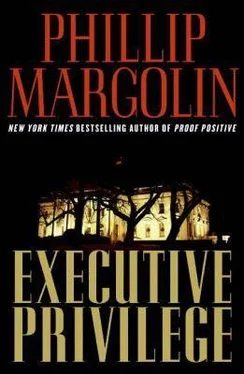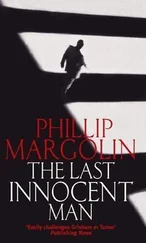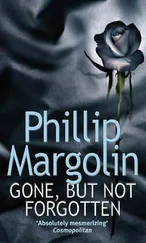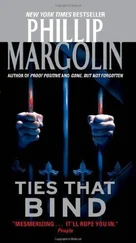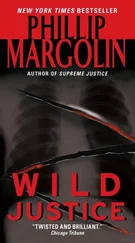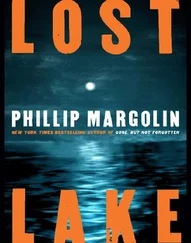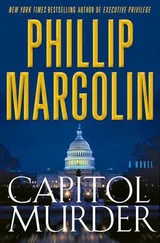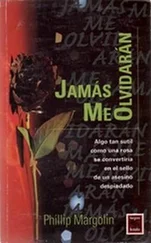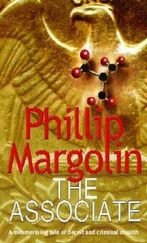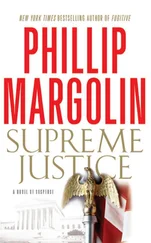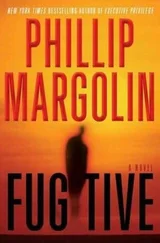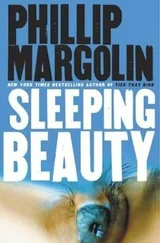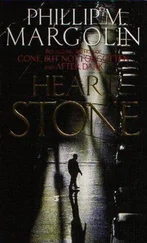“Cutler’s the key. We have to find her.”
When Charles Hawkins drove through the east gate of the White House, Travis “Jailbreak” Holliday was under a blanket, lying on the floor in the back of Hawkins’s car. This wasn’t easy. The Texas attorney was six four and weighed thirty pounds more than the 254 he’d packed on his big-boned frame when he’d starred at linebacker for the Longhorns.
Holliday had been given his nickname by a columnist for the Dallas Morning News, who had written a story claiming that hiring Holliday was like drawing a “Get Out of Jail Free” card in Monopoly. The columnist was upset that the defense attorney had just gained an acquittal for a wealthy rancher charged with killing his wife after branding her. Word was that Holliday’s closing argument was so confusing that a team at the Institute for Advanced Studies at Princeton was still trying to figure it out.
Earlier in the evening, the lawyer had flown his private jet to Andrews Air Force Base in Maryland, where Air Force One is housed. Hawkins had been waiting in a drab Chevrolet, a make not used by the White House staff or the Secret Service and so less likely to be noticed. The guards at the east gate had been warned about the unorthodox method Hawkins was going to use to get the criminal defense attorney to his meeting with the president, so getting by them was easy. It was the reporters camped outside the west gate who worried Hawkins. In some circles, hiring Travis “Jailbreak” Holliday was the equivalent of an admission of guilt. News that Holliday had entered the White House would generate more bad press than an actual indictment.
After the guards at the east gate waved him through, Hawkins rode along the horseshoe-shaped driveway until the Rose Garden and the Oval Office came into sight. He parked in back of the mansion and helped Holliday out of the car. Then he directed the lawyer through a door that stood between the Oval Office and the State Dining Room and up a flight of stairs to a study in the private residence, where Christopher Farrington was waiting.
Holliday had not worn his trademark string tie, Stetson hat, and snakeskin boots for the White House meeting. He’d chosen a plain business suit to avoid attracting any more attention than his height and bulk usually did.
“Mr. President,” Holliday said, “it’s an honor.”
Hawkins noted that “Jailbreak” had lost a lot of the Texas twang that dominated his courtroom speech.
“Thank you for coming,” Farrington said as he crossed the room. “I apologize for the dramatics.”
“Not a problem,” Holliday answered with a wide smile. “Made me feel like I was in a James Bond movie.”
“Well, I’m pleased I could add a little excitement to your life. Mine has certainly been an adventure for the past few days. In case you didn’t hear the news, Senator Preston, one of Maureen Gaylord’s toadies, is demanding the appointment of an independent counsel to look into my connection to the murder of that poor young woman. Of course, Maureen is pretending to stand above the fray, saying that no one should rush to judgment. But her tone implies I’m another Ted Bundy, and there’s enough innuendo in every word she speaks to fill an edition of that rag Exposed.”
“I’m sorry you have to go through this, sir. Especially seeing as how you’re in the middle of an election and with everything else you have on your plate.”
“Thank you. Has Chuck gone over the business side of our relationship?”
“Yes, sir. The retainer was mighty generous, so let’s you and me forget about everything except how I’m going to help you out of the unfortunate situation in which you find yourself. And before we start talking, I’m going to ask Mr. Hawkins to leave us alone.”
He turned toward the president’s aide. “Anything the president tells me as my client is confidential, but he can lose the attorney-client privilege if a third party is sitting in on our conversation.”
“That’s not a problem,” Hawkins said. He started to leave but Farrington stopped him.
“I’m being a poor host,” the president said to Holliday. “You must be starving. Can I offer you something to eat?”
“A medium-rare steak, a side of fries, and a Johnnie Walker Black Label on the rocks would be mighty nice.”
“Chuck, ask the kitchen what they can do,” Farrington said.
“Can you tell me what I’m facing?” Farrington asked as soon as the door closed behind his friend.
“Well, sir, I did a little reading up on this independent counsel thing. It seems that until 1978, your predecessors appointed special prosecutors to look into scandals in their administrations. Grant started it in 1875 when he had General John B. Henderson investigate the so-called Whiskey Ring. Then you had Garfield, Teddy Roosevelt, Truman, and Nixon appointing special prosecutors. Trouble was if the president appointed the fellow, he could also unappoint him, like Nixon did when he fired Archibald Cox in the Saturday Night Massacre. So, in 1978, Congress passed the Ethics in Government Act and left the selection of the independent counsel up to the Special Division of the U.S. Court of Appeals for the District of Columbia, a panel of three circuit court judges created specially to handle independent counsel matters. This independent counsel is charged with investigating and prosecuting certain designated high-ranking executive branch officials, including you.
“The Act is triggered when the attorney general receives information of possible criminal conduct by a covered person. The AG conducts a preliminary investigation. If credible evidence of criminal conduct is found or if it’s determined that the AG has a conflict of interest an application is filed with the court asking for appointment of an independent counsel.”
“I hired you to take care of this problem. Do you think you’ll be able to do it?”
“I usually can, Mr. President, I usually can.”
“God damn it, Chuck, the situation is getting out of hand,” the president complained two hours later when Hawkins walked into the third-floor study after making sure that Travis Holliday would be returned to Andrews Air Force Base without being seen.
“Didn’t you hit it off with Holliday?”
“No, no, Holiday is fine. That’s not what concerns me. The latest polls show I’m dropping like a rock. Holliday says the investigation by the independent counsel can drag on for years. That means it will be front-page news with no clear resolution long after the election. We’ve got to get the FBI to clear me of killing Walsh or hiring someone to do it.”
“There’s still the Ripper.”
“He was arraigned. Every channel covered it. He made a point of claiming that someone was trying to frame him for Charlotte’s murder.”
“What about Cutler?”
“What about her?”
“You’ve read her file. She’s an ex-mental patient. She was following Walsh. She knew where she was parked.”
“What possible motive would she have for killing Charlotte?”
Hawkins shrugged. “That’s for the FBI and the independent counsel to figure out. Don’t forget, Cutler is on the run. That’s what guilty people do.”
“No, no, Chuck. We can’t send an innocent person to prison.”
“We’ve done it before.”
“Clarence Little is a mass murderer.”
Hawkins leaned forward and stared directly into his friend’s eyes. “Your son and unborn child need you. Claire needs you. This country needs you. If Cutler has to be sacrificed it’s a small price to pay.”
“I don’t know, Chuck.”
“I do. You run a strong campaign and steer this country to greatness. Let me handle this.”
The president found the first lady in the sitting room that adjoined their bedroom sipping a cup of tea while she read a novel. When he entered the room, Claire placed her book next to the tea service that rested on the small walnut end table at her elbow.
Читать дальше
